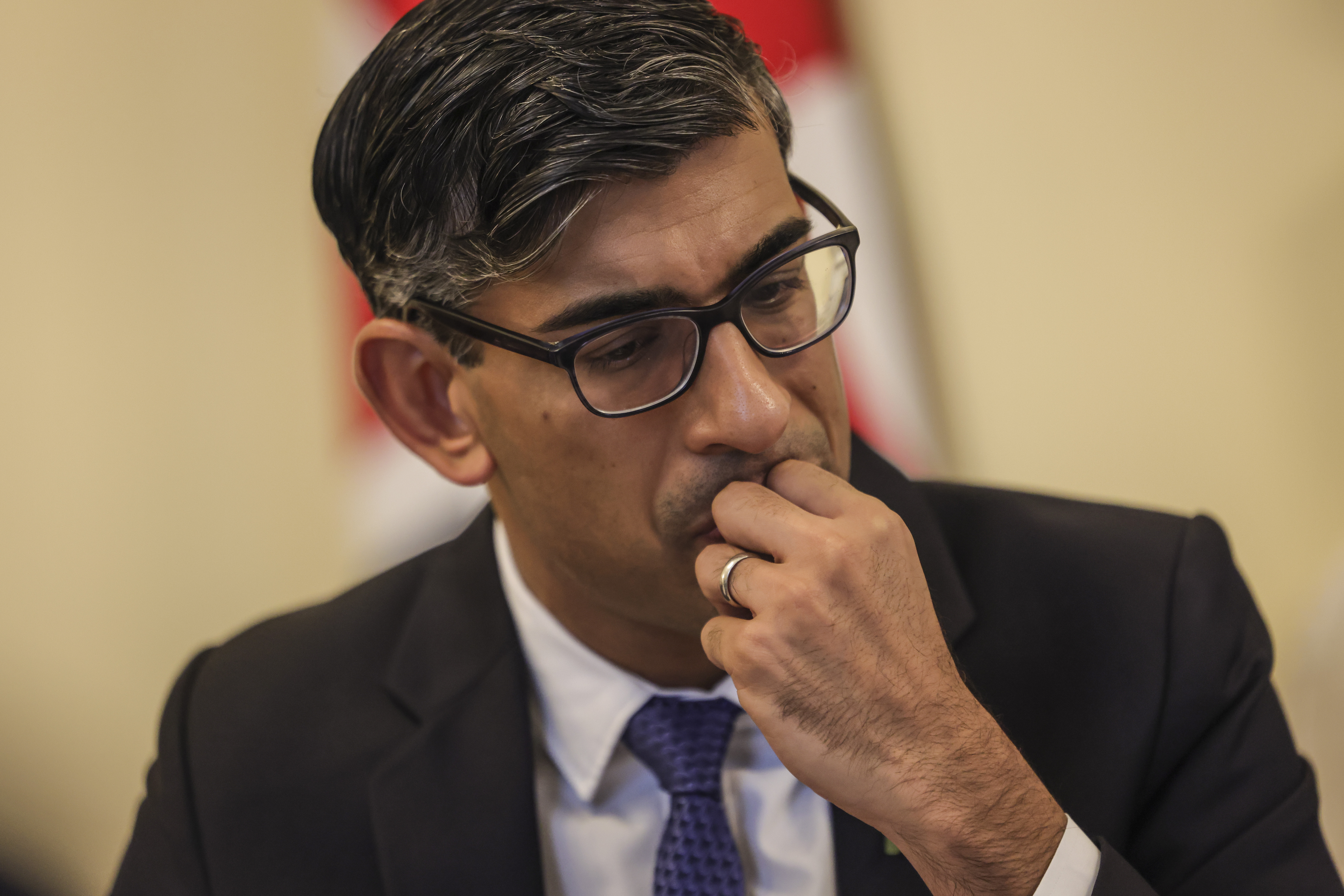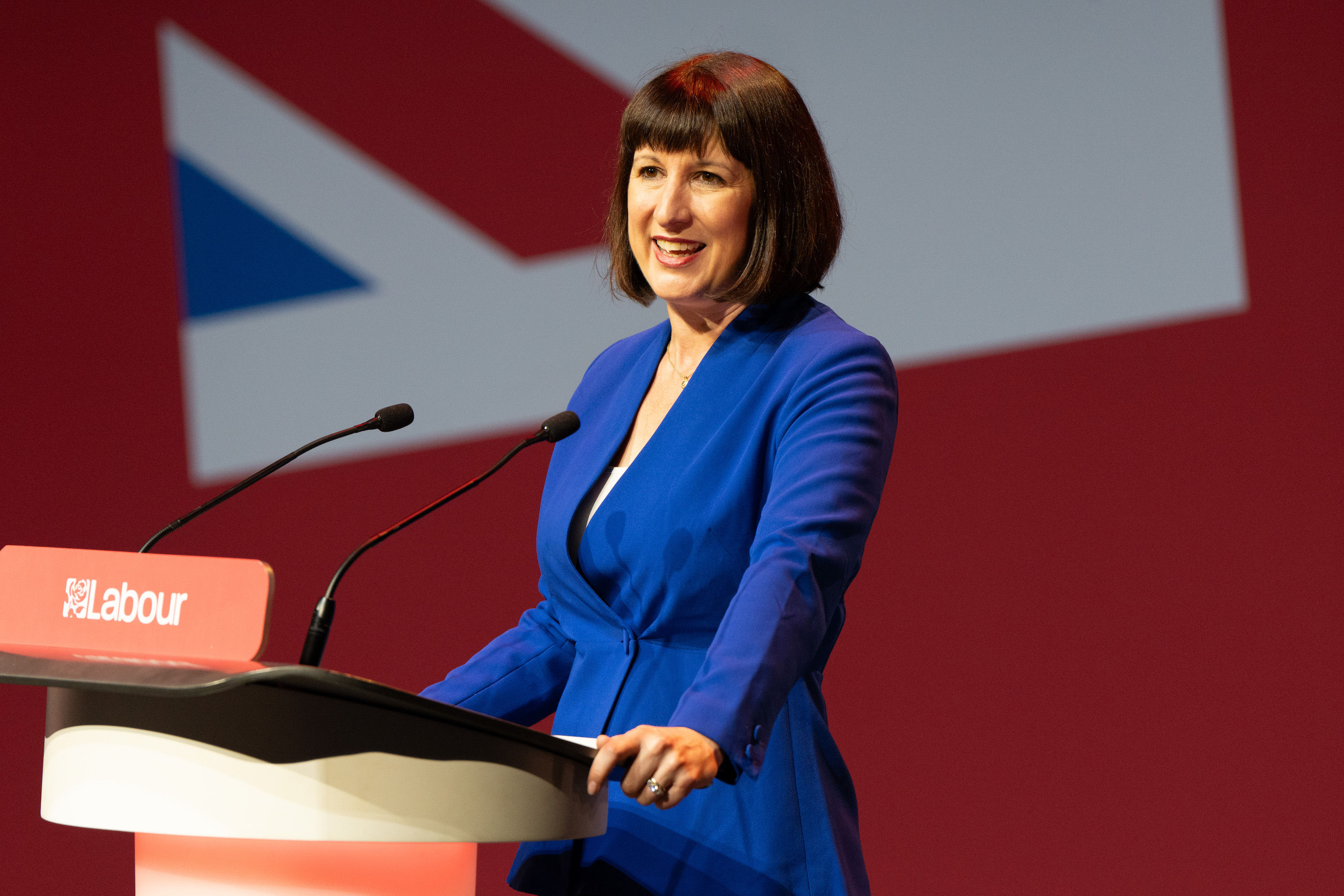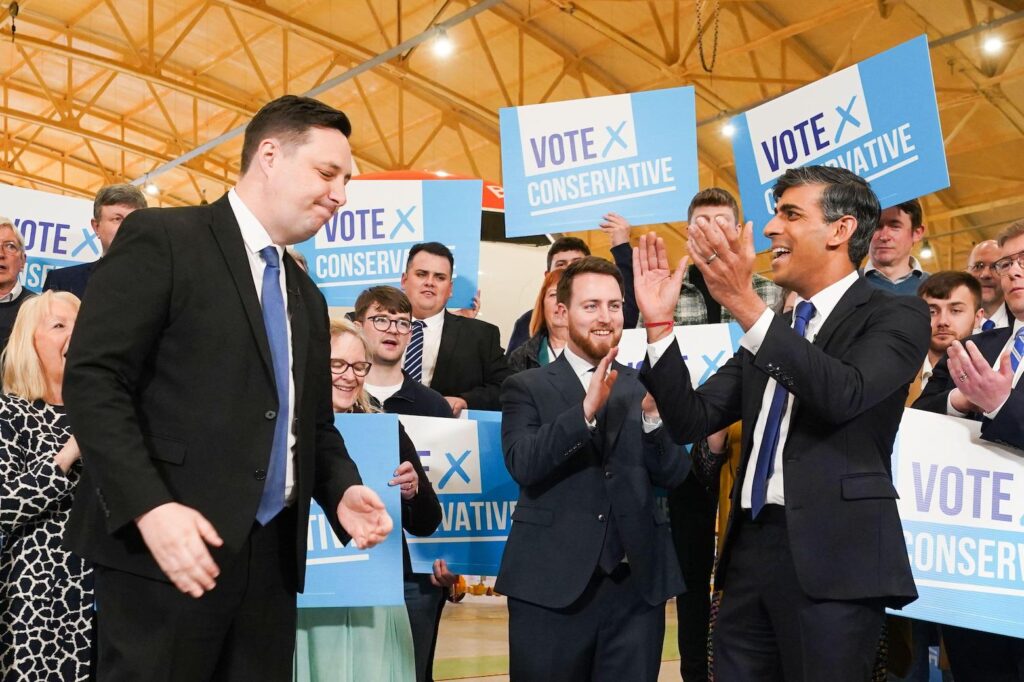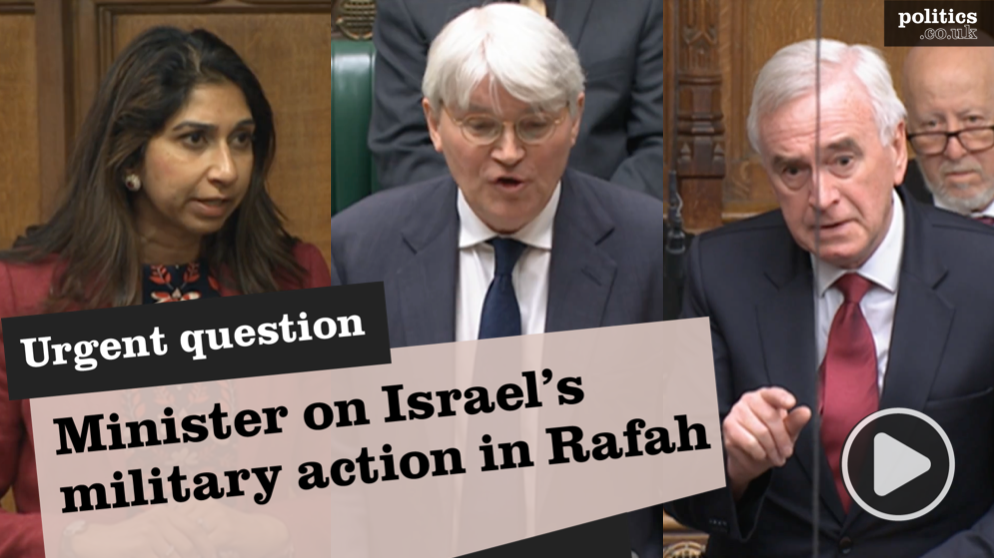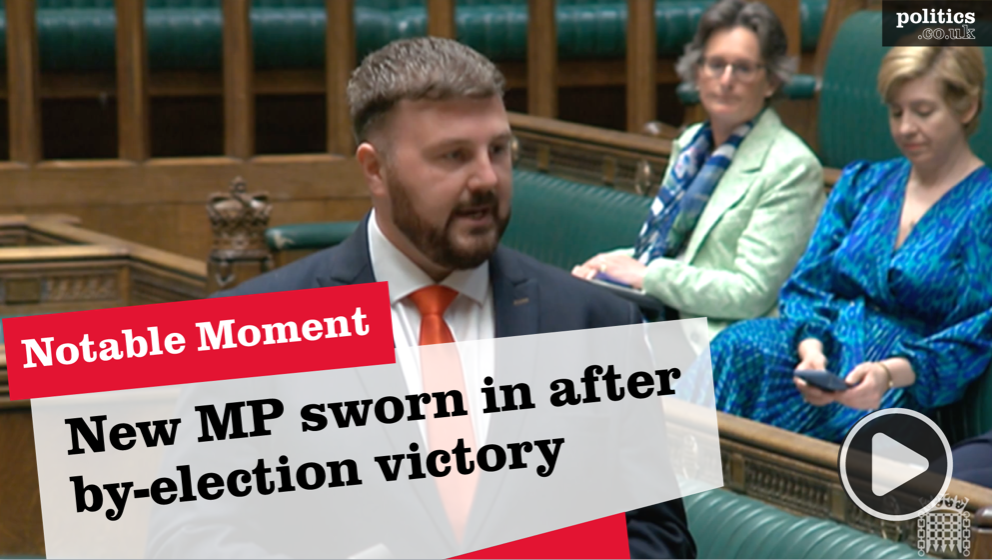Plans for a Heathrow third runway
Heathrow Airport currently sits on a site of 1,227 hectares that is found approximately twenty miles to the west of central London.
In 2019, the airport had a passenger volume of 80.1 million people and a cargo volume of 1.7 million metric tonnes. Heathrow was the busiest airport in the UK and in Europe, and the seventh busiest airport in the world.
There are currently plans to expand the footprint of the existing Heathrow site in a move that would see over 700 local homes destroyed.
The expansion plans involve the construction of a third runway to the north-west of the existing two runways. The proposals also include upgrades to the existing Terminals 2 and 5, and the construction of a number of new car parks. The project is to be privately funded.


Heathrow expansion is part of a policy agenda designed to ensure that the UK does not reach airport capacity. During the last decade, there has been an increasing acrimonious political debate about whether to, where to, and how to achieve that policy objective.
Heathrow third runway – Will It Ever Be Built?
Despite the 2018 Commons vote in favour of the construction of a third runway at Heathrow, the matter about whether and when Heathrow airport will expand remains very much ongoing.
In February 2020, following an application for a judicial review brought by environmental pressure groups and the Mayor or London, Sadiq Khan, the Court of Appeal ruled that the government’s decision to proceed with building the third runway was unlawful. The court ruled that the government’s commitments to combat climate change under the Paris Agreement had not been taken into account during the Heathrow decision.
In response, the government announced it would not appeal against the decision, but Heathrow airport itself, announced its intention to appeal to the Supreme Court. In December 2020, the Supreme Court unanimously ruled in favour of Heathrow, and overturned the Court of Appeal’s decision.
In the wake of the Supreme Court decision, Heathrow Airport, can now seek a development consent order, a type of planning permission required for nationally significant infrastructure projects.
Three separate developments during the last few years serve to further complicate the expansion of Heathrow.
Firstly, since the runway was first approved in 2018, the UK government has made a new commitment to achieve net zero emissions by 2050 and to cut carbon emissions by over two thirds by 2030. These recent government commitments will inevitably make life more difficult for Heathrow airport as it continues through the planning process. The Climate Change Committee, the government’s official advisory body, has already said there should be no airport expansion, unless the emissions from the extra flights can be compensated elsewhere.
Secondly, after the 2018 vote, Boris Johnson became UK prime minister for 3 years between the summer of 2019 and the summer of 2022. Officially, the Johnson’s administration still supported the third runway, and it is reported that Heathrow airport is in line for compensation of more than £500m should the Government formally withdraw its support. However, Mr Johnson himself was a long standing opponent of Heathrow expansion, and represented a semi marginal Parliamentary constituency in Uxbridge that borders Heathrow, is also semi marginal.
Thirdly the 2020-21 international coronavirus pandemic had a significant effect on the global aviation industry. During the pandemic, passenger numbers at Heathrow fell to their lowest level since 1966. In April 2021, the rival Gatwick Airport, told investors that in light of the impact of the Covid pandemic on passenger demand, London’s airports were now unlikely to need to expand until at least 2030.
In the face of this expected drop off in airport capacity, Heathrow has itself indicated that the runway project could now be delayed by five years beyond its previous 2028 completion date. Other observers have forecast a longer delay. Speaking in 2021, John Strickland, of airline advisory firm JLS Consulting said, “In the short to medium term, there’s plenty of unused capacity”.
The case made for Heathrow expansion
There is a broad coalition of supporters in favour of Heathrow expansion. This includes leading airlines such as British Airways and Easyjet, many of the UK’s other regional airports, business organisations like the CBI, the British Chambers of Commerce and Freight Transport Association, and trade unions such as the GMB and Unite.
The central argument given for the expansion of Heathrow is the need to support the growth of the UK economy. It is argued that advancing the connectivity of Heathrow as an international hub airport will facilitate London and the surrounding area in competing with other European cities for business investment. This in turn will generate wider benefits from the economy as a whole, particularly post Brexit.
It is estimated that more than 40% of the UK’s exports to non-EU countries now go through Heathrow.
With Heathrow airport running close to capacity (as it was prior to the covid pandemic), it is argued that the airport will continue to experience disruptions and delays. These are said to adversely impact on Britain, and encourage the growth of other European hub airports such as those in Amsterdam and Paris. The British Chamber of Commerce has previously argued that for every year Heathrow’s expansion is delayed, the cost to the UK economy is between £900 and £1.1 Billion.
Amid concerns that London’s airport infrastructure would be completely full by the early 2030s, the then Secretary of State for Transport, Chris Grayling, told the House of Commons in 2016 that reaching capacity in this way would have negative impacts on the UK economy in the region of £30 billion to £45 billion. The construction project surrounding the third runway at Heathrow has also been linked to the support of 60,000 jobs directly and indirectly, with the expanded airport then creating 8,000 new jobs at Heathrow.
Should the UK’s airport capacity not expand, it is suggested that this will lead to a shortage of aviation supply. As a consequence of that shortage of supply, it is logical that the price of air travel will then inevitably rise. Supporters of Heathrow expansion have even suggested that should airport capacity fail to expand, there is the potential for ordinary families to be priced out of air travel.
Campaigners for airport expansion therefore deploy the argument of personal choice. If people want to fly (and the growth projections suggest they do), it is claimed that they should be able to do so. There is thus opposition to perceived attempts to limit demand by “pricing people out of flying”, as an alternative to increasing supply through new runway construction.
Mindful of the environmental opposition to airport expansion, Heathrow airport has argued that the construction of a third runway would make the airport more resilient. Accordingly there would be a reduction in emissions from planes that are currently circling waiting to land.
Heathrow also says it has committed to being carbon net zero by 2050. And it argues that its commitment to meeting local air quality targets means that additional capacity would only be released when it is clear that the airport’s direct contribution would not materially delay compliance with the UK’s legal air quality obligations.
Opposition to Heathrow expansion
In the same way that there is a broad coalition in support of Heathrow expansion, so there is a similarly large coalition opposed to the construction of a third run way at the airport.
This coalition includes a large number of London Members of Parliament from all political parties, London’s local authorities including Boris Johnson’s own council in Hillingdon, environmental campaign groups like Greenpeace and Friends of the Earth, and developmental charities such as Oxfam and Christian Aid.
Those opposing the expansion of Heathrow cite concerns as to how the additional flights permitted by a third runway will contribute to an increase in global warming. Indeed it is claimed that any economic benefits from airport expansion will be wiped out by the cost of the associated CO2 emissions.
Heathrow is already said to be the largest single source of carbon emissions in the UK, and the campaign group the World Development Movement have gone as far as to estimate that the proposed additional flights resulting from the extra runway might emit as much CO2 as the whole of Kenya.
A second body of argument deployed against Heathrow expansion concerns the further environmental impacts emanating from the associated noise and air pollution. Local community organizers argue that the airport expansion will expose large sections of Berkshire and London to sustained high levels of aircraft noise for the first time. The government has itself said that nearly a million people will now be affected by the third runway.
A third line of opposition to the expansion of the airport focuses on the destruction that will be caused to the local community around Heathrow as part of the expansion of the airport footprint. The expansion plans involve demolishing over 700 homes, a church, and splitting the high street in Harmondsworth in half. The construction is also thought likely to bring substantial wider disruption to the local area, including work diverting rivers, moving roads and rerouting the M25 through a new tunnel to go under the extra runway.
Alternatives to Heathrow Expansion
Although the coronavirus pandemic of 2020-21 has reduced the immediate pressure on aviation capacity, a number of other solutions have been put forward as alternatives to the issues with airport capacity in London and the south east of England.
Firstly, other airports in and around London, have presented themselves as potential alternative venues for airport expansion. Gatwick Airport, whose single runway is regularly cited as the busiest single-use runway in the world, has been particularly vocal in arguing that it should be the focus of expansion, with the associated construction of a second runway on its site. Similarly other airports around London such as Stanstead, Luton, and Southend have all advanced their case for expansion, all at the expense of Heathrow.
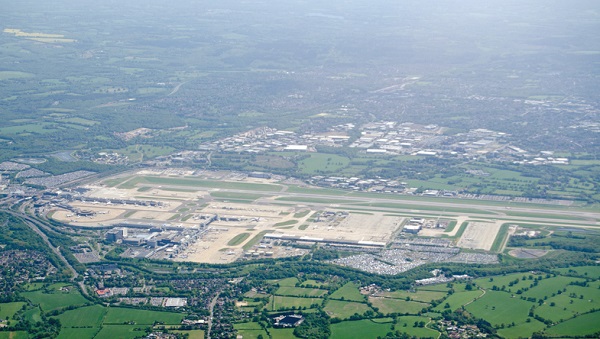
A new second runway at Gatwick to the south of London was one alternative to Heathrow expansion.
Secondly, tapping into the government’s leveling up agenda, regional airports around the UK, including Manchester, Birmingham and Cardiff all make the argument that airport expansion should occur outside of London, thereby bringing wider benefits to the United Kingdom economy.
Going forward it is suggested that the construction of the fast rail, HS2 programme, which itself includes plans for a new fast rail station at Heathrow, will better facilitate transfer times to the UK’s regional airports. Indeed it is suggested that the train journey time between Heathrow and Birmingham Airports on HS2, might be shorter than the current road journey time on the M25 between Heathrow and Gatwick.
Thirdly there has been the idea of building a whole new London airport on an artificial island established close to the Isle of Sheppey in the Thames Estuary. Although vastly expensive, this proposal appeared to gain the support of Boris Johnson during his time as London Mayor, and the concept was soon dubbed ‘Boris Island’. This plan has the major advantage of flights arriving over the sea and thus not needing to fly or take off over people living in London, but the proposition appears to have fallen by the wayside of serious discussion in recent years.
Finally, environmental campaigners argue that the issue of airport capacity should be approached from the perspective of reducing air travel. Although this approach is shunned by much of the business community, green campaigners have called on individuals to voluntarily change their behavior and reduce the level of their air travel. Some in the environmental movement go further, and call for there to be more formal restrictions on the levels of flights that people in the UK are permitted to take each year.
How Plans for Heathrow Expansion Have Developed
Under the Labour Government – 1997 to 2010
In 2002 the Labour Government published a series of consultation documents seeking views on the future development of air transport in the UK. As part of that consultation, the government proposed a new short runway for Heathrow.
The subsequent 2003 White Paper, ‘The Future of Air Transport’, backed the expansion of the Heathrow airport and the construction of a new third runway, provided that strict environmental limits could be met.
The then owners of Heathrow, British Airport Authority, suggested that the construction of a third runway would require the building of a sixth terminal, and an extension of the current airport site beyond its existing footprint.
On 15 January 2009 the then Labour Secretary of State for Transport, Geoff Hoon, announced the Government’s support for a third runway and a new terminal at Heathrow. That support was conditional on environmental and air quality criteria being met and additional ground transport capacity being added.
Under the Conservative – Liberal Democrat Coalition – 2010 to 2015
Prior to the 2010 General Election, the Conservative Party had campaigned against the construction of a third runway and sixth terminal at Heathrow. In 2009 the then Shadow Transport Secretary, Theresa Villiers, said that the Conservatives would “fight [the Labour Government] every step of the way” on Heathrow expansion.
Following the formation of a new coalition government between the Conservatives and Liberal Democrats in 2010, the Coalition Agreement stated: “We will cancel the third runway at Heathrow”.
Heathrow Airport publicly announced that it was abandoning its then plans for a third runway and a sixth terminal at the airport. However behind the scenes, many elements of the aviation industry embarked on a determined lobbying campaign to persuade the government to think again.
In 2012 the government set up an independent Airports Commission under the chairmanship of Sir Howard Davies, the former Director General of the Confederation of British Industry. The Commission was charged with reporting on solutions for long term aviation capacity by 2015.
Going into the 2015 General Election, the Conservative Party manifesto had a softened stance on Heathrow expansion compared to that of 2010. It merely said that it would “respond” to the Airports Commission’s final report.
The Airports Commission and the Conservative Government – 2015 to 2018
In July 2015, the Airport’s Commission published its report and recommended support for a third runway at Heathrow, rather than the alternative expansion at Gatwick airport to the south of London.
The expansion of Heathrow was estimated to likely cost some £17.6 billion and be deliverable by 2026.
Alongside its support for the construction of a third runaway at Heathrow, the Airports Commission recommended that there should be a ban on all scheduled night flights between 11:30pm and 6:00am, and that a clear noise envelope should be agreed and legally enforced.
It also proposed that a new aviation noise levy should be introduced to insure that airport users paid more to compensate local communities. It stated that Heathrow Airport Ltd should compensate those who would lose their homes at full market value plus an additional 25% and reasonable costs.
It specified that Heathrow Airport Ltd should be held to its commitment to spend more than £1 billion on community compensation. And that should a third runway go ahead, it called for the government to make a commitment in Parliament not to expand the airport further.
In response, the government initially said it would study the Airport Commission’s report and decide how to proceed. By October 2016, the proposals for a new northwest runway and terminal at Heathrow were adopted as government policy.
In February 2017 the Government published its draft Airports National Policy Statement (NPS). The report was debated and voted on by the House of Commons in June 2018, with MPs voting 415 to 119 in favour of the construction of a new third runway at Heathrow.
Notably, Boris Johnson, the then Foreign Secretary, missed the crucial Commons vote on Heathrow, as a consequence of a Ministerial day trip to Afghanistan. He thereby de facto abstained in the Heathrow vote. Johnson whose Parliamentary constituency of Uxbridge borders Heathrow airport, had previously declared that he would “lie down in front of the bulldozers” to prevent a third runway being built at the airport.
Quotes
“The London airport capacity problem has perplexed governments for over fifty years, for reasons that are not hard to find. The considerable benefits of aviation accrue to the many, while the environmental costs are borne by the (relatively) few. For those who live near them airports are noisy neighbours and are greedy for space. In a congested corner of a crowded island it is not easy to find a good home for them. No new full-length runway has been laid down in the South East of England since the 1940s. But other developed and developing countries face similar issues and have nonetheless been better able to provide infrastructure to keep pace with the growing demands of an expanding aviation market” – Howard Davies – Foreword, Airports Commission Report, 2015.
“[The mayor] will strongly oppose any expansion of Heathrow Airport that would result in additional environmental harm or negative public health impacts”…”The mayor also believes that expansion at Gatwick could deliver significant benefits to London and the UK more quickly, at less cost, and with significantly fewer adverse environmental impacts” – Sadiq Khan, Mayor of London, London Plan, 2020
“If we don’t expand our only hub airport, then we’re going to be flying through Paris to get to global markets” – John Holland-Kaye, Chief Executive, Heathrow Airport
“Heathrow’s owners maintain that the airport’s expansion will not significantly alter the UK’s emissions, but only reach this conclusion by excluding international aviation emissions. That suggests they missed another memo, this time from the committee on climate change which has said emissions from international aviation should be formally included in the UK’s climate targets” – Caroline Lucas, Green Party MP, writing in the Guardian, 2019.
“I will lie down in front of those bulldozers and stop the building, stop the construction of that third runway.” – Boris Johnson, 2015, acceptance speech on his election as the MP for Uxbridge
Comment: Heathrow expansion is just a sticking plaster solution









